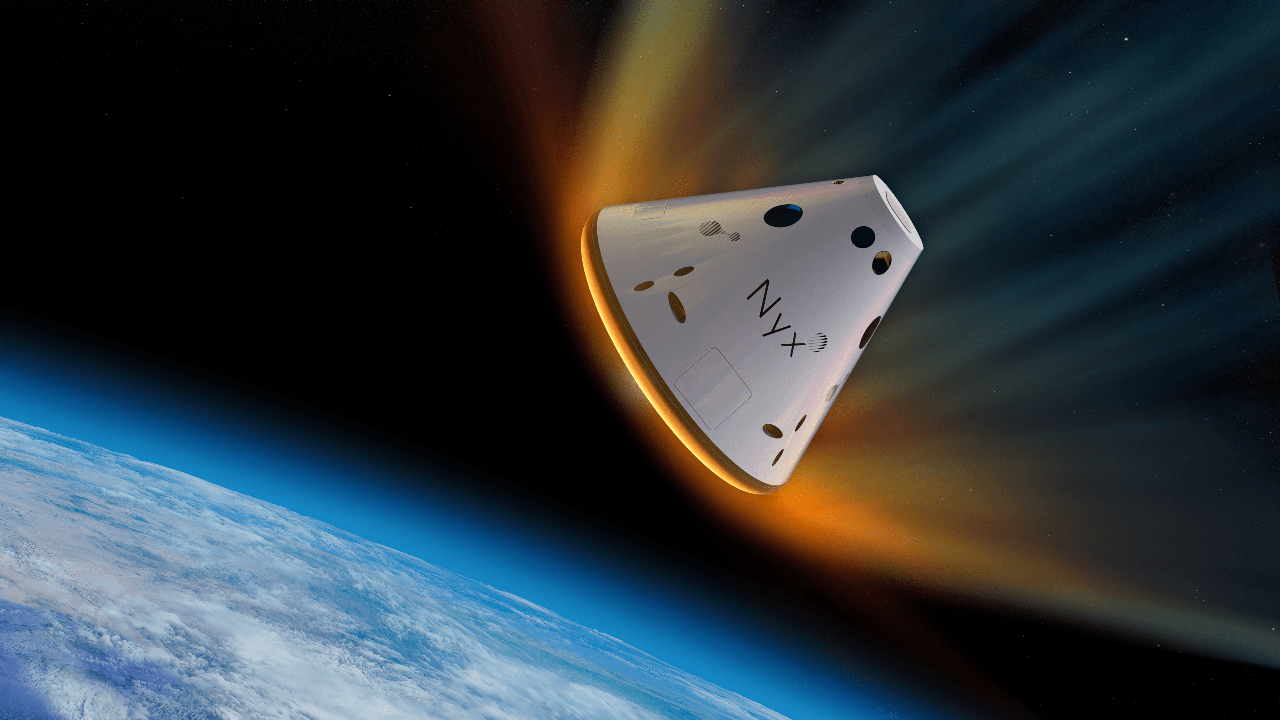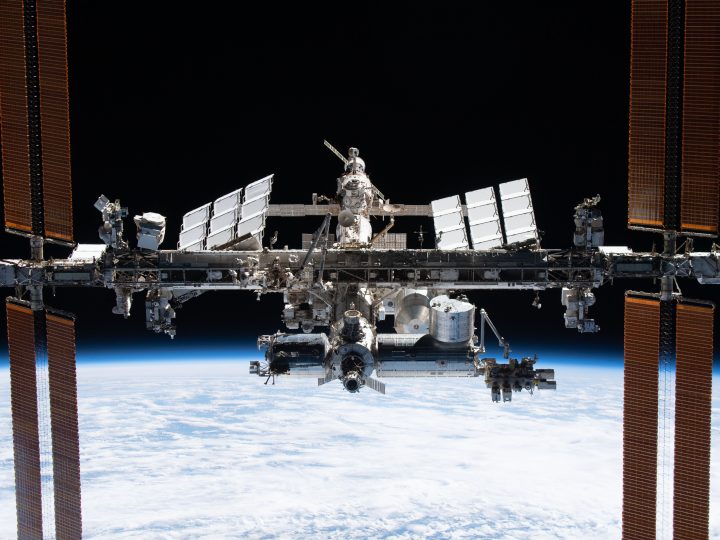ESA boosts commerce and delivers sustainability in space
Share this page
Efforts to strengthen the European space industry while promoting the responsible use of space received a strategic boost today. Two European companies will develop cargo shuttle services to and from space stations in low Earth orbit. Ten countries have signed the Zero Debris Charter to reduce space junk, while another European firm will build the Vigil mission to help protect satellites in orbit and power grids on Earth from the Sun’s violent outbursts.
Space companies the Exploration Company in Germany and Thales Alenia Space in Italy have won contracts to develop cargo return services for low Earth orbit. The service vehicles are due to deliver supplies to the International Space Station by 2028 and could be used for any future space stations, or potentially modified to send crew into space. The decision comes just six months after ESA launched a competition to boost the commercialisation of space at an ESA Council at the Ministerial level held in Seville in 2023. The result demonstrates how ESA is helping to strengthen, diversify and expand the European space industry, increasing the competitiveness of Europe.

Furthermore, ten nations have signed the Zero Debris Charter – a world-leading effort to become debris neutral in space by 2030 that was also announced at the Seville meeting. It is the first time that countries have subscribed at the national level, boosting Europe as a leader in clean space while demonstrating international acceptance of the charter. Austria, Belgium, Bulgaria, Cyprus, Estonia, Germany, Lithuania, Portugal, Slovakia and Sweden have all pledged to adhere to the charter. More than 100 organisations have promised that they will also sign up to the space-community-led endeavour in the coming months.
Space sustainability will be further enhanced by the ESA’s new Vigil mission that will protect vital infrastructure on Earth and in space by providing early warnings of incoming solar storms. Since the Seville meeting, ESA has signed a contract with Airbus UK to build the spacecraft, which is due for launch in 2031. By watching the Sun from its vantage point far from Earth, the spacecraft will spot any potentially hazardous solar activity before it can be seen from the ground – and relay this information to Earth in close-to-real time. Giving advance warning of incoming solar storms buys more time to protect vital terrestrial power grids as well as spacecraft in orbit, on which all modern societies and economies depend.
Josef Aschbacher, Director General of ESA, said: “Today ESA has further proven its leadership in space for Europe and European citizens. The signature of the low Earth orbit cargo return service contracts shows how ESA has modernised to meet the demands of the next era of the space economy. The signature of the Zero Debris Charter by ten European nations demonstrates that ESA is at the global forefront of creating concrete, useful and attractive norms for space sustainability, which will constitute the basis for European or even global regulations and legislation. Meanwhile the Vigil mission will further contribute to sustainability in space.”


